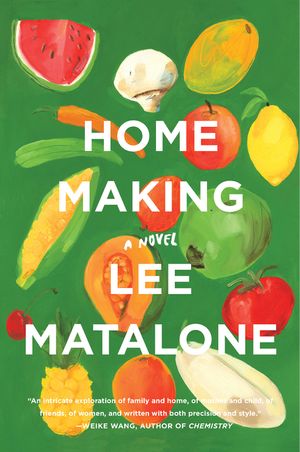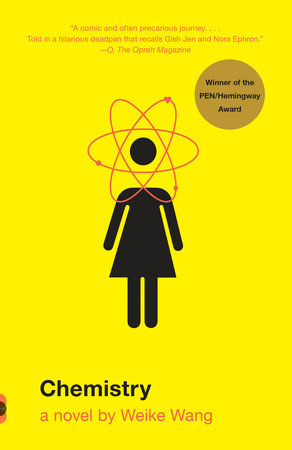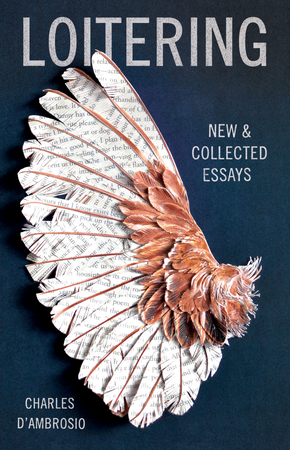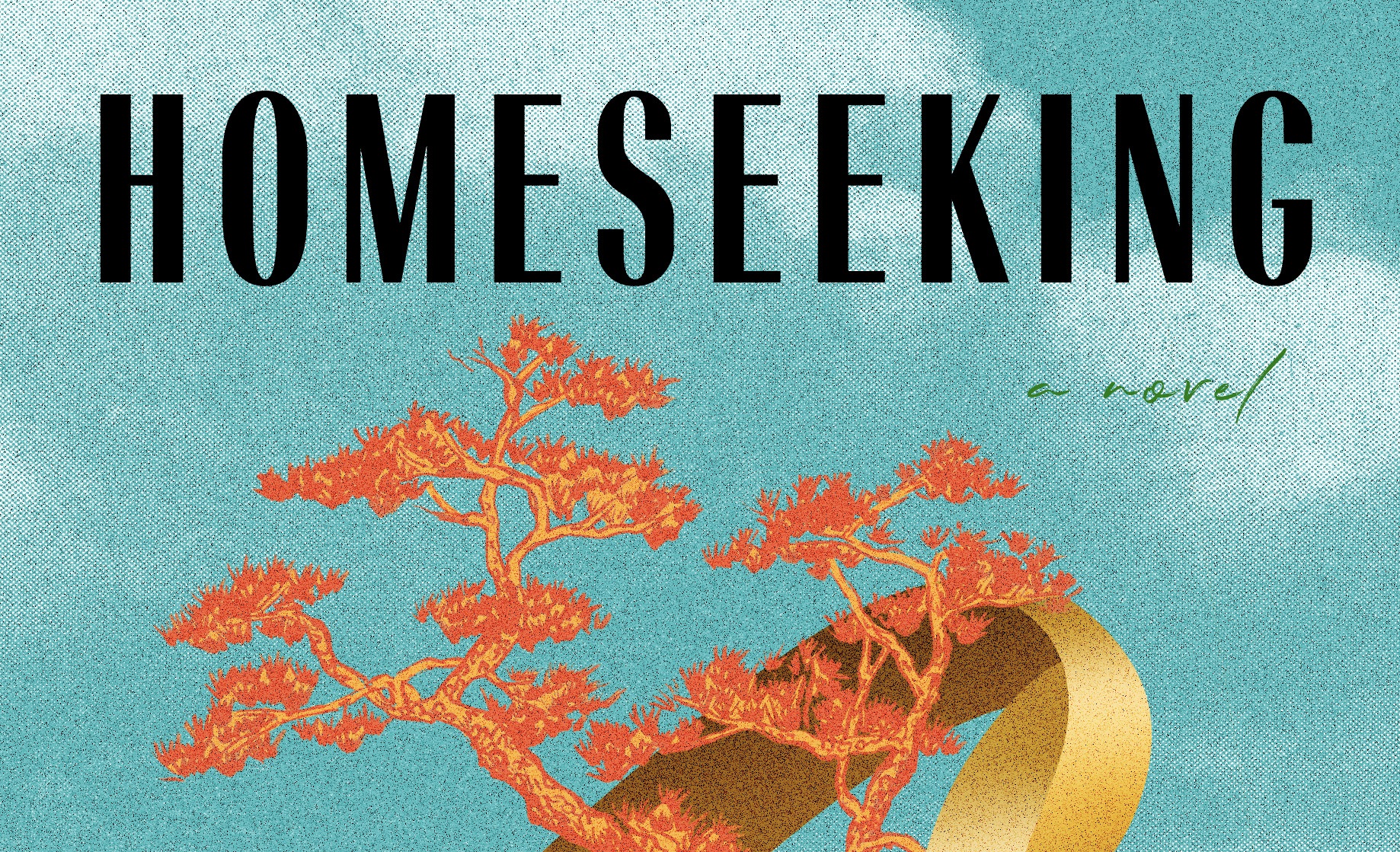Reading Lists
7 Stories About the Anxiety of Settling Down
Lee Matalone recommends literature about rejecting (or surrendering to) the trappings of domesticity

After my mother bought a farmhouse in central Virginia, it took her nearly two years to decide on a color to paint the living room. Perhaps this is simply a reflection of an oversaturated schedule and mind—she is a practicing physician—but I like to think that this protracted period of consideration is reflective of a greater anxiety, one related directly to some unattainable standard we hold about our houses and homes.
Certainly our homes figure as spaces of comfort—places we retreat to at the end of our public days, comfort offered by the bath, the dog, the duvet—yet they are also places of expectation: the house is a place we should fill with a spouse and children and beautiful things, all three coexisting in some pseudo-mystical harmony. The house, in other words, can be a burden, a weight on the shoulders of the person trying to convert it into a home.
In my debut novel, Home Making, three characters attempt to put together their own homes, literally and figuratively. The following are other texts that fixate on our domestic anxieties, all those hopes and disappointments that fester within our own private spaces.
Chemistry by Weike Wang
In this tightly constructed, fragmented narrative, a PhD candidate in chemistry is simultaneously trying to finish her degree and determine whether or not she wants to marry her partner. The pressure her parents place on her to succeed in academic matters collide with societal pressures to settle down. It is all more than she can manage. “For a moment, I let myself imagine it. Us in a big house in Ohio, a yard for the dog to run in. I can’t quite imagine it. It is too happy.” Wang’s writing is crisp and allows humor to creep in right when her narrator needs it the most.
Nobody is Ever Missing by Catherine Lacey
Every sentence Lacey writes is tinged with anxiety, which is why her work is so compelling. In her debut novel, she writes about a woman who flees the stability of her marriage and life in Manhattan for a solo meandering in New Zealand. The morning she leaves, when her husband does not yet know she is leaving, she thinks, “I would laugh. He would laugh. Inside our laughing we weren’t really laughing.” Beautiful lines abound.
“American Newness” in Loitering by Charles D’Ambrosio
In the middle of D’Ambrosio’s wonderful collection Loitering, this essay about manufactured homes stands out for what it rather darkly says about American values. The essay’s title refers to the “evocative odor” present in these manufactured houses, the “smell everyone knows but cannot name…like breaking the seal on a box and getting a whiff of— of what? — of exactly what you always wanted.” What do Americans want, D’Ambrosio implies? The potentiality of domestic bliss, not the real thing. “In the master bedroom down the hall the unwrinkled bed is empty, clean, without misery or past. Happy love has no history and this bed is its home.”
Little Labors by Rivka Galchen
Little Labors is a crystallization of maternal anxieties. In 130 pages, Galchen packages together the obsessions, paranoias, desires, etc. of a new mother. Perhaps aptly so, the narrator conveys the alien quality of this new lifeform, who she refers to alternately as the “puma” and the “chicken.” In one chapter titled “Orange” the narrator discusses how everything associated with the baby seems to be one color and how maybe that trendy orange hue could lead to future successes for the child.
“It eventually began to be difficult to not be bothered by how nice and how orange the baby’s objects were. And yet also it was difficult to not want to surround the baby with objects that had been deemed, by my wedge of the zeitgeist, nice. As if taste culture could keep the baby safe. Which in some ways it could: people would subconsciously recognize that the baby belonged to the class of people to whom good things come easily, and so they would subconsciously continue to easily hand over to her the good things, like interesting jobs and educational opportunities and appealing mates, that would seem the baby’s natural birthright, though of course this was an illusion.”
The Bell Jar by Sylvia Plath
Plath’s classic novel is more or less about the conveyor belt into domesticity onto which women in Midcentury America were placed. We witness Plath’s protagonist, Esther transition from an independent life working a magazine internship in Manhattan to the confines of a mental hospital. The pressures to conform to standards of femininity are too much to handle. “So I began to think maybe it was true that when you were married and had children it was like being brainwashed, and afterward you went about numb as a slave in some private, totalitarian state.”
Medea by Euripides
Perhaps there is no narrative better than Euripides’ great tragedy that renders the home as powderkeg. Medea’s husband, Jason, abandons her and their two children to marry another woman, and, as we all know, violence ensues (She murders his new wife and her own children to punish him). What is striking about this story is the way in which Euripides, in the form of a speech by Medea to the Corinthian chorus, draws attention to the plight of women, an arguably radical commentary for 431 BCE. His Medea says, “And yet they say we live secure at home, while they are at the wars, with their sorry reasoning, for I would gladly take my stand in battle array three times o’er, than once give birth.”

“The mother” by Gwendolyn Brooks
You could say that this is a poem about domestic potential. In it the speaker considers “the children you got that you did not get.” It is not that she regrets her abortions, not really. It is more about the dream of family we hold that we cannot always realize. The final stanza devastates. “Believe me, I loved you all./Believe me, I knew you, though faintly, and I loved, I loved you/All.”















